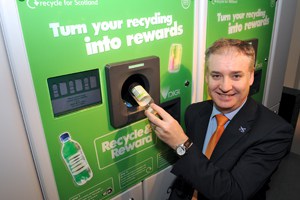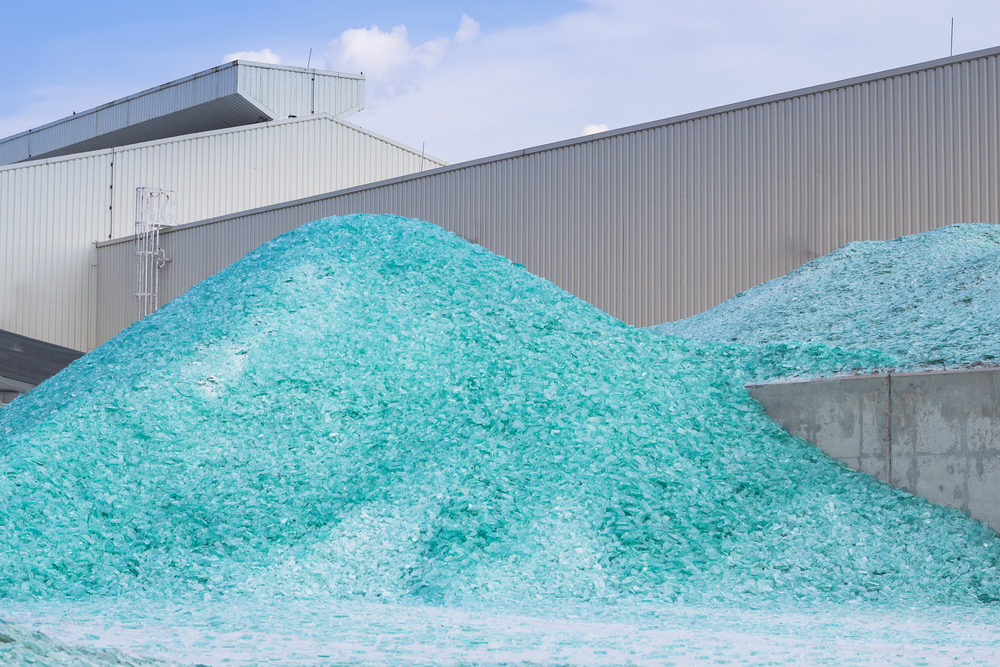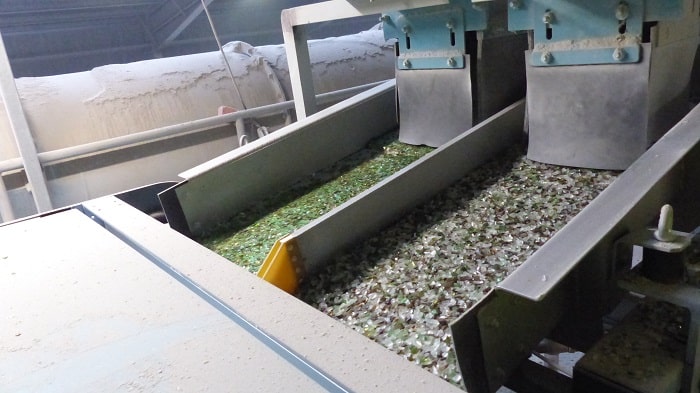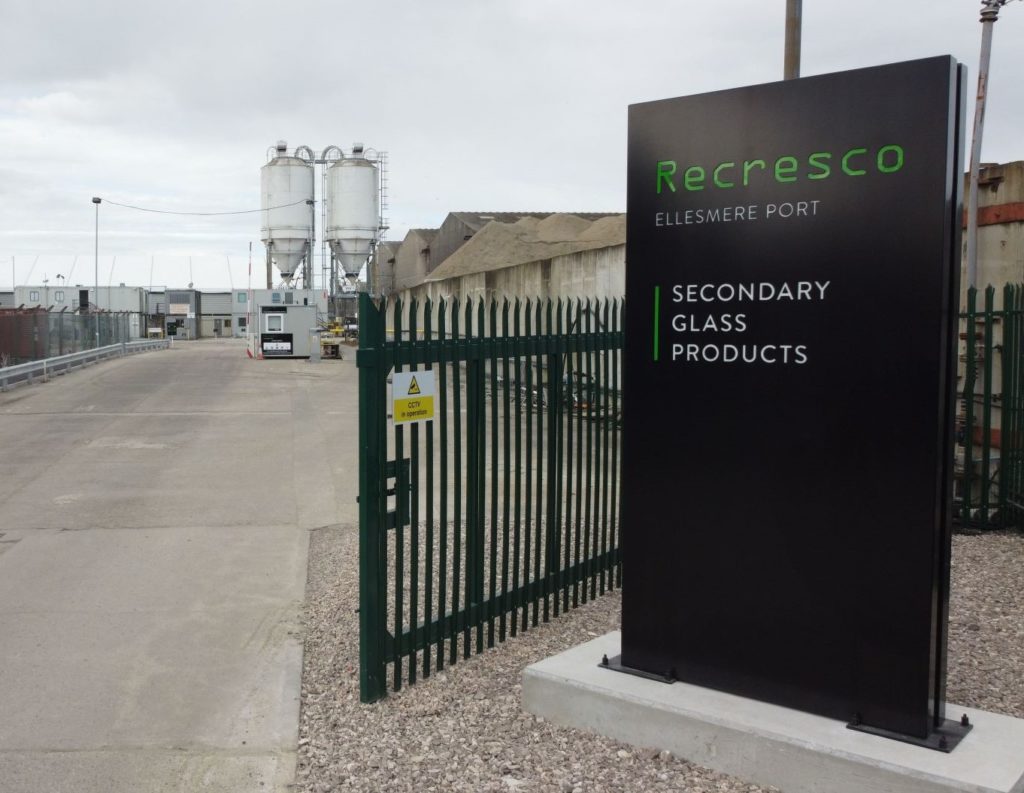Last week (May 14) Zero Waste Scotland published research carried out on its behalf by waste consultancy Eunomia which suggested that a deposit scheme could work alongside the existing packaging recovery note system, and called for further public debate over the issue.

The Scottish Government has closely examined the option of introducing a deposit scheme for drinks containers since minister Richard Lochhead saw such a scheme in action during a visit to Sweden in August 2013 (see letsrecycle.com story).
Deposit systems see customers pay a small cash deposit when they buy a drink in a can or bottle, and get the money back when they return the item to a collection point.
Commenting on the launch of the report last week, Iain Gulland, chief executive of Zero Waste Scotland, said that a move toward a deposit system could help to encourage recycling and prevent litter.
He said: “Deposit return systems have been used in many other parts of the world to prevent waste and increase recycling. So this new report, which assesses how such a scheme could work in Scotland, is an important contribution to the debate about how we achieve our zero waste goals and move towards a more circular economy.
“The research explores how a deposit return system could work in Scotland, and the issues to consider in designing and implementing a system. That’s why we are also launching a call for evidence today to understand the impacts of such a system and how it could work most effectively.”
Eunomia
According to the research by Eunomia, the cost of establishing a deposit scheme in Scotland would be around £15 million – mostly consisting of designing the system, creating the necessary legal entities, procuring logistics contractors and communicating the system. Eunomia has also estimated that running a network of reverse vending machines to facilitate take-back from consumers would cost around £29 million per year.
Expenditure for the scheme would be offset by the revenue from the sale of material collected through the deposit system, estimated at between £19.7 to £22 million, unclaimed deposits (£23.9 to £35.9 million) and fees from producers.
However, in the wake of the publication of the Zero Waste Scotland report, Packaging Recycling Group Scotland, which is supported by a number of packaging producers, brands and recycling organisations, including Coca Cola Enterprises, Britvic, Red Bull, Nampak, Alupro, Recoup and others, has issued its own report outlining the disadvantages of a deposit system.
Opposition
The group states that it is ‘fundamentally’ opposed to a deposit scheme and that the environmental benefits of such a system would be “marginal”. The group added that the deposit scheme would be “costly, inconvenient and confusing” for consumers.
Jane Bickerstaffe, director for the Industry Council for Packaging and the Environment (INCPEN) and spokesperson for PRGS, said: “We do not support the introduction of a deposit-refund system in Scotland and recommend alternative proposals to promote recycling, reduce waste and tackle litter, which we believe will be more effective.
“Our members, including major brands, engage with thousands of consumers daily and have an excellent track record over many years of leading recycling and litter prevention and reduction initiatives that work and engage the public.
“Scotland has an opportunity to lead the way in increasing recycling and tackling litter by combining the unrivalled knowledge and expertise of our sector, and building on the success of other local and national government initiatives, such as kerbside recycling. Only then can we find the most effective solution to meeting, and exceeding, ambitious government targets.”








Subscribe for free